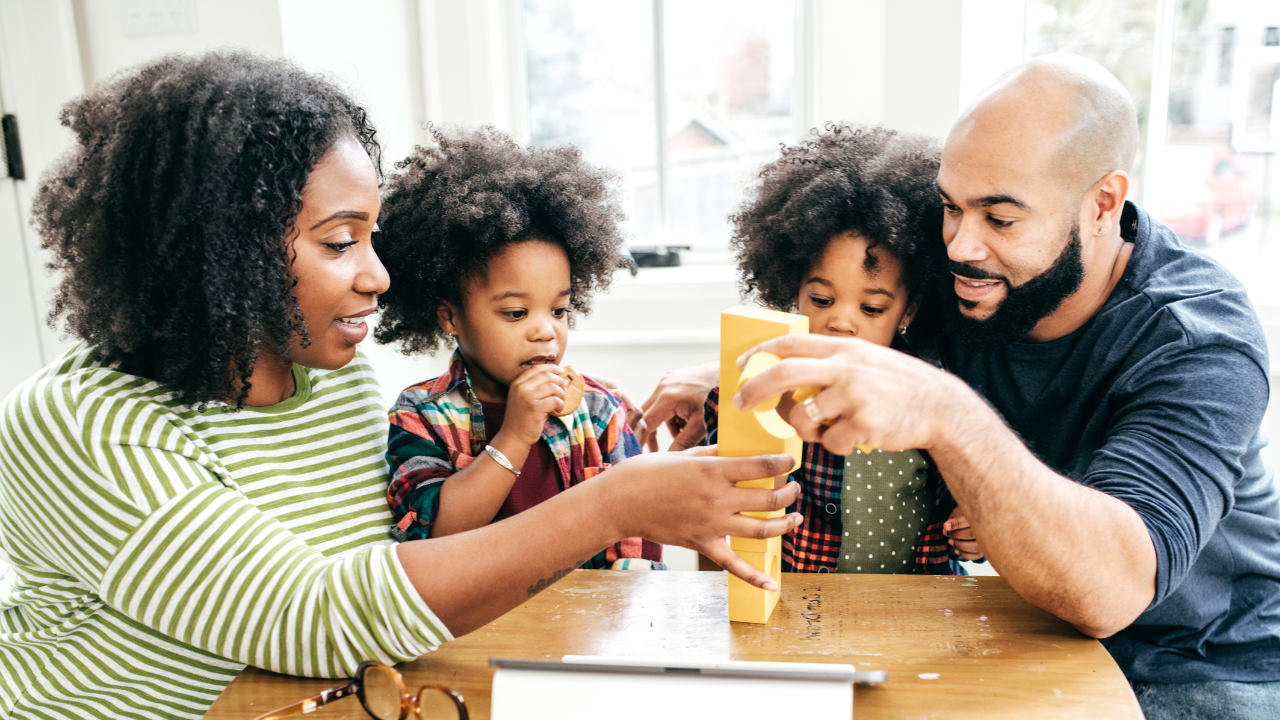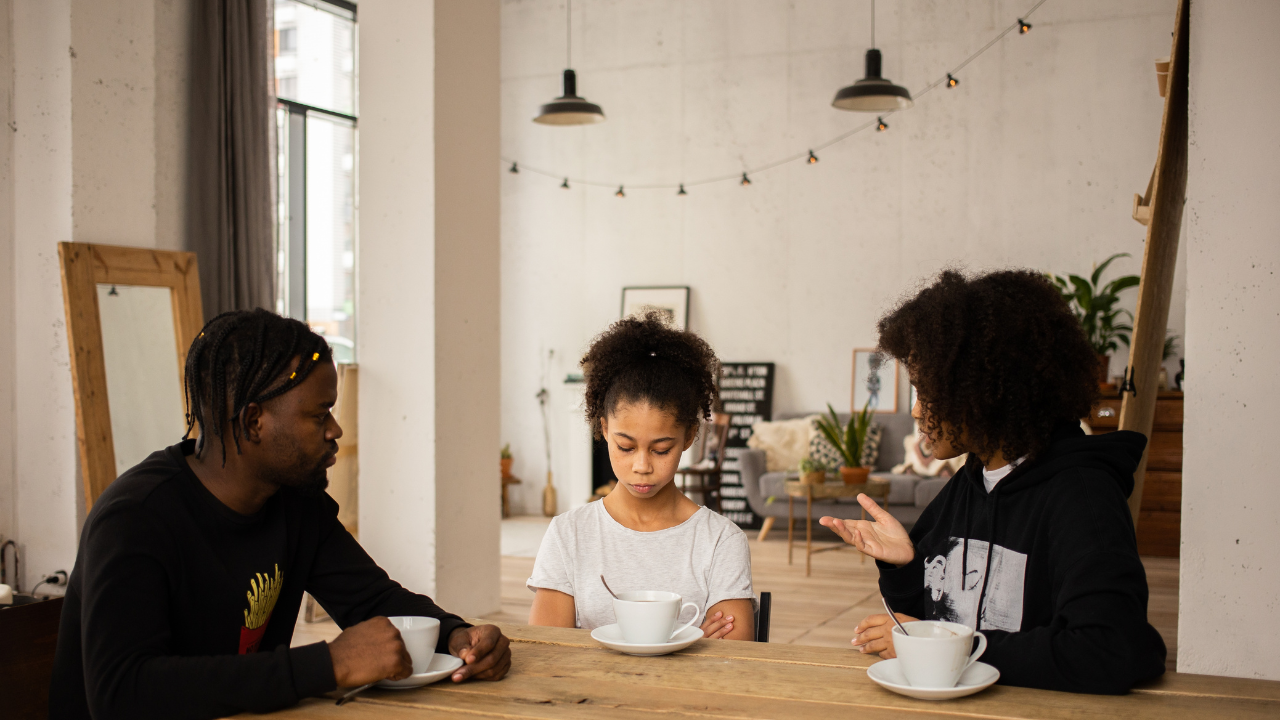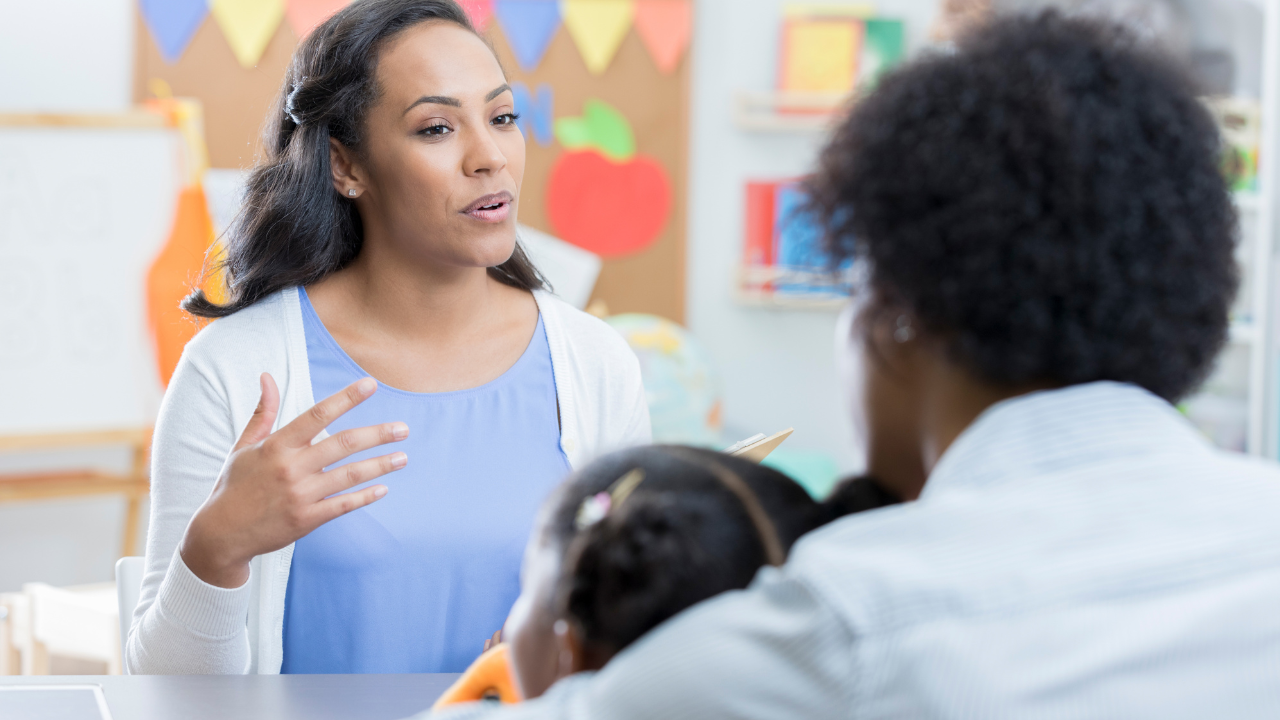No Thank You! Why this phrase is being misused to improve children's classroom behavior and what to say instead.

Using “No Thank You” To Redirect Child Behavior
In our work at Mariposa we often go into schools a...
Should Adults Share Authentic Emotions With Children?

In working with parents and teachers, I find that many adults feel that they should not share their ...
Cultivating Compassion: The Essence of Social-Emotional Learning in Early Childhood Education

Social Emotional Learning in a School Setting
In the vital world of early childhood education, wher...
Going beyond Social Emotional Learning Activities: Practical Strategies for Educators to Promote SEL

Social Emotional Learning Activities
Social Emotional Learning (SEL) has become part of the early e...
“How are the kids?” (And what have they accomplished?)

We Love to Talk About Our Kids
If you are a parent, or talk to parents, one of the first things you...
“That Makes me Sad.” Does it really?

Why You Should Share How You Feel
Research shows that it is important for adults to share their emo...
Parenting Courses: Where to Start?

When you think “parenting class”, that is pretty broad. And while some parents cannot get enough of ...
Social Emotional Skills in Our Children

What we are getting wrong and why
Billions of dollars are spent every year to help children develop...
“Was it a good day? Or a bad day?”

The Stress For Teachers Of Responding To Parents At The End Of The Day
Teacher stress is high. And ...
This is Supposed to Be Fun! Holiday Events and Acting out

This is Supposed to Be Fun!
Many families celebrate the holidays this time of year, and if you’re l...

